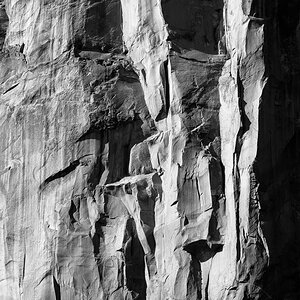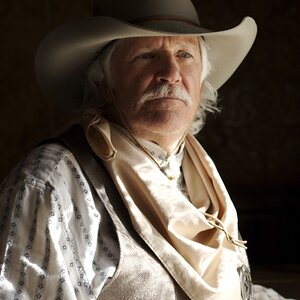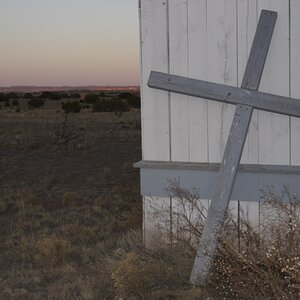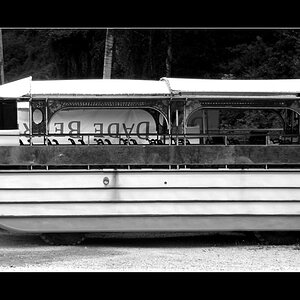kilifila66
TPF Noob!
As I am still fairly new at this whole photography thing, I was interested in what kind of Copywright protection a photographer has over their work? Do you have to apply for CP on every single picture? Do you have a inherent copywright because you shot it, or in other words do you own the exclusive wrights to use those photos? Any info or comments on this are welcome.
Thanks,
Drew
Thanks,
Drew













